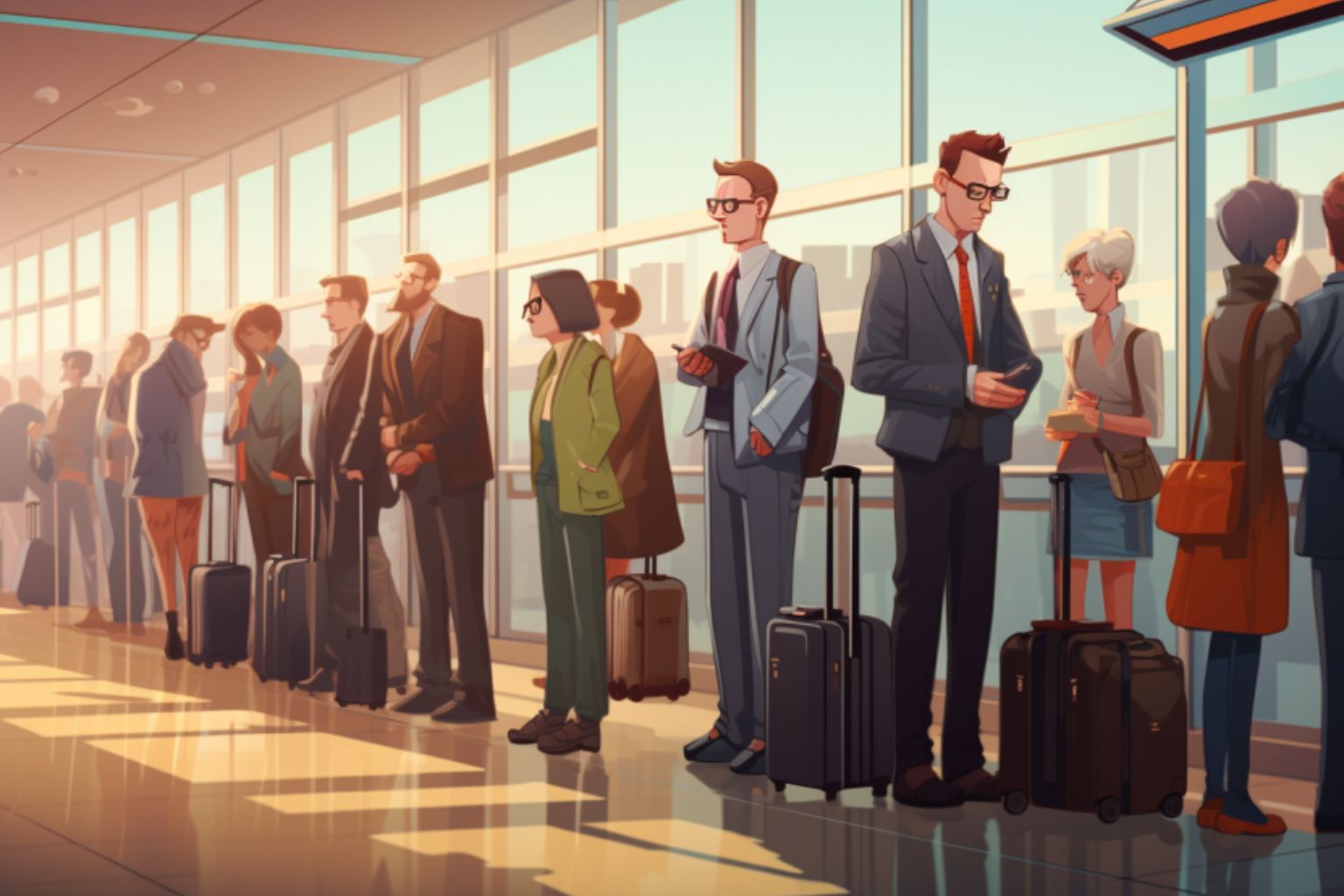Dotti Cahill thought she had a $150 ticket credit on Delta Air Lines. She thought wrong.
When Cahill phoned the airline to redeem the credit, which she’d received when she’d had to change a flight while helping her daughter move to Detroit, a representative gave her the surprising bad news: To use it, she’d have to pay a $150 change fee.
In other words, her voucher was worthless.
“These fees are a joke,” said Cahill, a nurse who lives in Jacksonville, Fla. “Airlines can change flights and cancel them and move you to different flights without giving us anything – but if we need to change a flight, it’s $150.”
The $150 conundrum and the soaring revenue landscape
Cahill wonders – as do a lot of other passengers – how airlines came up with the $150 change fee to begin with. Does it really cost $150 to fix a seat reservation? Or is there more to the number?
Change fees are a healthy source of revenue for the U.S. airline industry. During the first half of 2010, the 19 largest domestic airlines collected $1.1 billion in cancellation and change fees, according to the Transportation Department. Delta made the most ($347 million) followed by American Airlines ($235 million), United Airlines ($158 million) and US Airways ($128 million).
The change fees have come a long way in just a few years. In 2009, airlines took in $2.4 billion in cancellation and change fees from their passengers. By comparison, they charged only $418 million in 1999, and in 1990, just $51 million.
The fees don’t cover just the cost of changing a reservation or making a new one, according to airlines and analysts. The cost of making an actual change is a fraction of the expenses covered by the fee, perhaps just a few dollars.
“We have the change fee policy to protect against revenue dilution,” said Morgan Durrant, a Delta spokesman. “In other words, it helps us retain revenue that otherwise could have been lost through another sale.”
Unraveling double-dipping dilemmas
Delta is basically saying that the fee will cover the cost of your seat if you cancel it and no one else buys it. Which is a fine argument to make, unless the airline can resell the seat – and then protection against revenue dilution becomes double dipping.
But what if the cost of a change fee exceeds the price of a ticket?
That happened to Deborah Campbell, a reader who recently canceled a booking on a US Airways flight. The airline issued her a credit for $111, which is what she had paid for her original ticket. But to use the credit, she would have to pay US Airways a $150 change fee. “Paying the fee isn’t practical,” she said.
When a ticket change fee exceeds the original fare, what’s the justification? According to aviation analyst Michael Miller, the surcharge is based on a median fare, so some vouchers won’t be worth keeping, while others will be.
Passengers who complain about high change fees should familiarize themselves with the economics of the airline industry, he suggested. It typically costs $20,000 for an airline to operate a one-hour flight. “So there’s a lot of risk every flight,” he said.
The lucrative world of airline change fees
But privately, airline insiders acknowledge that the fees more than cover their revenue dilution. They also admit that change fees aren’t just a significant revenue source for the major airlines; in fact, these companies have built their business models around them and similar fees, such as luggage fees and other ancillary charges.
In short, the fees are a source of major profit. And the airline industry, including Delta, is hooked.
Well, not all of it. One major airline – Southwest – doesn’t charge any change fees but still manages to run a profitable business. How does it do that? (Here’s how to use your airline flight credit.)
“We have opted to develop consumer-friendly policies,” explained Southwest spokeswoman Linda Rutherford. Those policies, she said, bring new customers to Southwest – passengers who “think they were dealt with unfairly by another airline” – which increases the company’s profits. “Not having a change fee goes straight to the bottom line,” she said.
Exploring alternatives
It’s unlikely that Southwest’s competitors would see a jump in business if they dropped their change fees. In the near term, they would almost certainly see a precipitous decline in profits as $2 billion got sucked out the cabin door.
But how about over the long term? There’s only one way to tell: They’d have to try it.
In the meantime, if you’re worried about paying a hefty change fee or having the entire value of your ticket nullified, there are a few easy steps you can take. The easiest, obviously, is not to change your travel plans. But that’s not always practical.
Travel insurance is yet another option. But you have to read the fine print, and unless it’s an expensive overseas flight, it may not be worth the extra money. Another way around the fees: Flash your frequent-flier program card, and a smile, and see if you can talk your way out of it.
If your card is the right color and your smile is bright enough, it might work.




